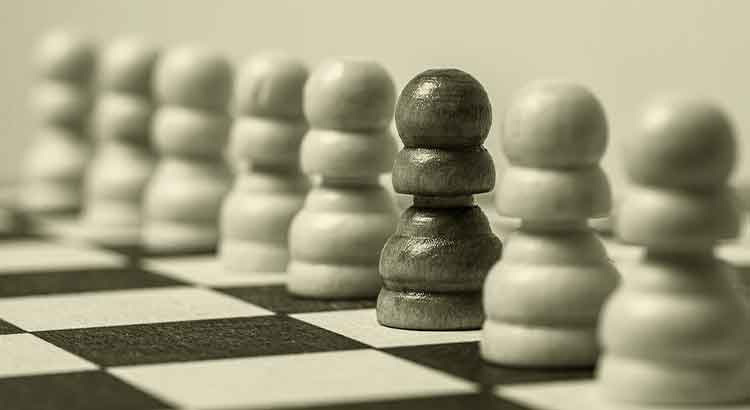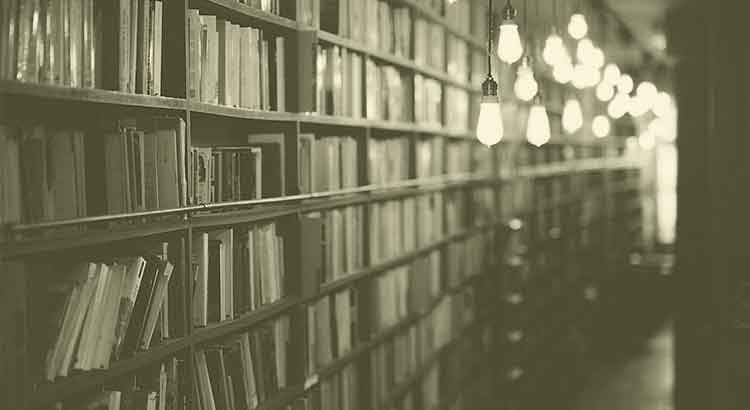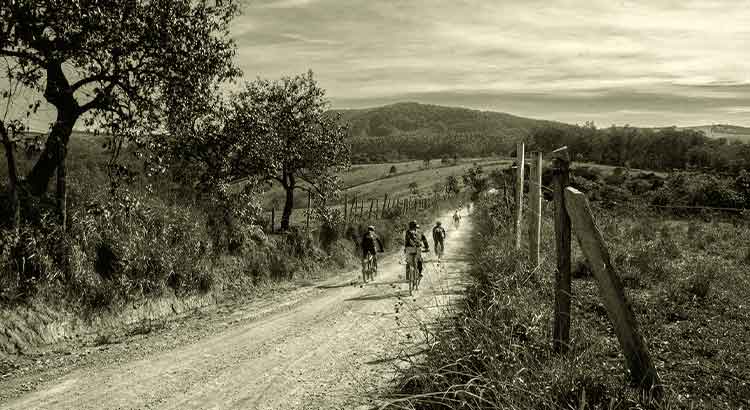The grandiose, in literature, involves the living representation of contrary psychological manifestations. Great authors, of course, narrow down and move away from opposing ideologies, depending on the point of view, because the great art involves the ability to grasp reality from various perspectives. A great author will never allow himself to be addicted, predictable, and therefore will never be fit into an ideological box without thousands of reservations.
____________
Read more:



